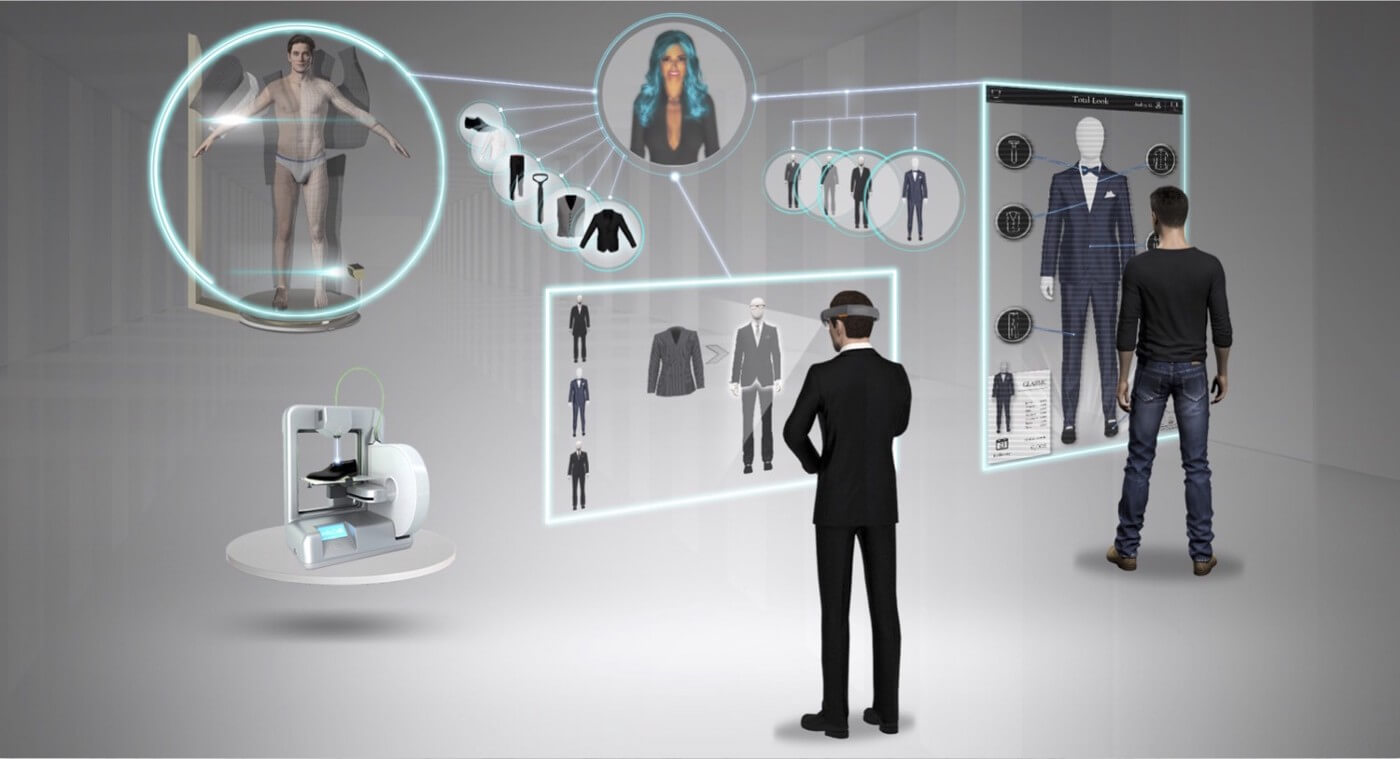Comments
- No comments found

Deep learning (DL) is taking the fashion industry to the next level.
DL is a subfield of machine learning (ML) that is inspired by the structure and function of the brain, specifically the neural networks that make up the brain. Deep learning algorithms are designed to automatically learn and improve from experience without being explicitly programmed.One of the key characteristics that makes deep learning special is its ability to learn from large amounts of unstructured data. Traditional machine learning algorithms require that data be structured and labeled in a specific way, but deep learning algorithms can learn from data that is unstructured and unlabeled. This makes them well-suited for tasks such as image and speech recognition, where the data may be complex and difficult to preprocess.
Deep learning algorithms are able to learn multiple levels of abstraction, allowing them to learn more complex concepts by building on simpler ones. This hierarchical structure allows deep learning algorithms to learn and make decisions in a way that is similar to how humans do.
The ability to learn from large amounts of unstructured data and to learn multiple levels of abstraction makes deep learning a powerful tool for a wide range of applications.
Some examples of how deep learning could be used in fashion include:
Fashion design: Deep learning could be used to generate new fashion designs based on a given set of input parameters, such as desired style, fabric, and color.
Personalization: Deep learning could be used to create personalized fashion recommendations for customers based on their past purchases and browsing history.
Quality control: Deep learning could be used to automatically inspect clothing for defects during the manufacturing process, improving quality control.
Product search: Deep learning could be used to improve the accuracy of search results on fashion e-commerce websites, making it easier for customers to find the products they are looking for.
Image recognition: Deep learning could be used to automatically tag fashion products in images, making it easier for customers to search for specific items.
Deep learning has the potential to make many aspects of the fashion industry more efficient and personalized, leading to a better experience for customers and improved business outcomes for companies.
There are a number of fashion brands that are using or exploring the use of deep learning in their businesses. Here are a few examples:
Zara: The fashion retailer has developed a system called "Zara Memory" that uses deep learning to optimize its supply chain and improve efficiency.
ASOS: The online fashion retailer has developed a system called "Style Match" that uses deep learning to make personalized fashion recommendations to customers based on their past purchases and browsing history.
Nike: The sportswear company has developed a deep learning system called "Nike Explore Team Sport Research Lab" that is used to analyze athlete data and improve product design.
Burberry: The luxury fashion brand has developed a system called "Burberry Retail Theater" that uses deep learning to personalize the in-store shopping experience for customers.
Ralph Lauren: The fashion brand has developed a deep learning system called "Polo Tech Smart Shirt" that is used to track biometric data and provide personalized fitness coaching to users.
These are just a few examples of how deep learning is being used in the fashion industry. It is likely that more brands will adopt deep learning technologies in the future as they become more widely available and accessible.
It is likely that deep learning will continue to play an increasingly important role in the fashion industry in the coming years. Some areas where deep learning may have a particularly significant impact include:
Personalization: Deep learning could be used to create more personalized fashion recommendations for customers, taking into account their past purchases, browsing history, and other factors.
Product design: Deep learning could be used to generate new fashion designs based on a given set of input parameters, such as desired style, fabric, and color.
Quality control: Deep learning could be used to automatically inspect clothing for defects during the manufacturing process, improving quality control and reducing the risk of faulty products being shipped to customers.
Supply chain optimization: Deep learning could be used to optimize the fashion supply chain, improving efficiency and reducing waste.
Customer service: Deep learning could be used to improve the accuracy of product search results on fashion e-commerce websites, making it easier for customers to find the products they are looking for.
Overall, deep learning has the potential to make many aspects of the fashion industry more efficient and personalized, leading to a better experience for customers and improved business outcomes for companies.
Felix is the founder of Society of Speed, an automotive journal covering the unique lifestyle of supercar owners. Alongside automotive journalism, Felix recently graduated from university with a finance degree and enjoys helping students and other young founders grow their projects.
Leave your comments
Post comment as a guest